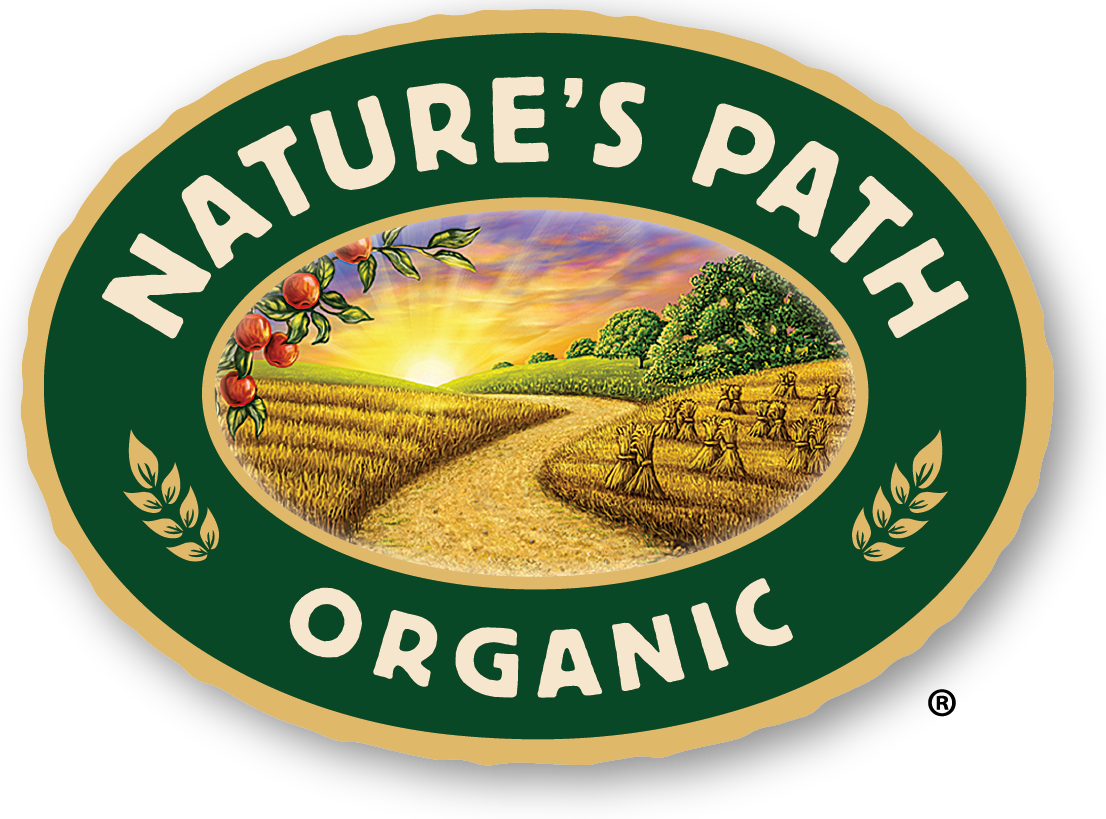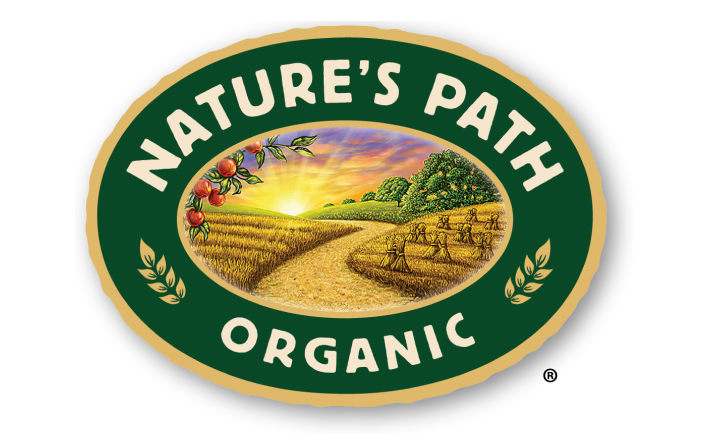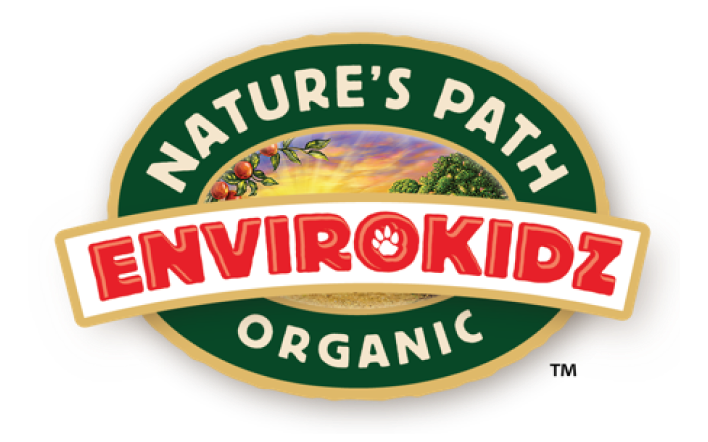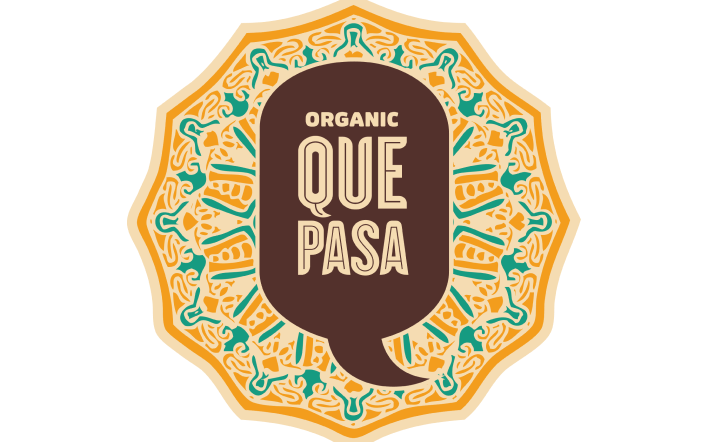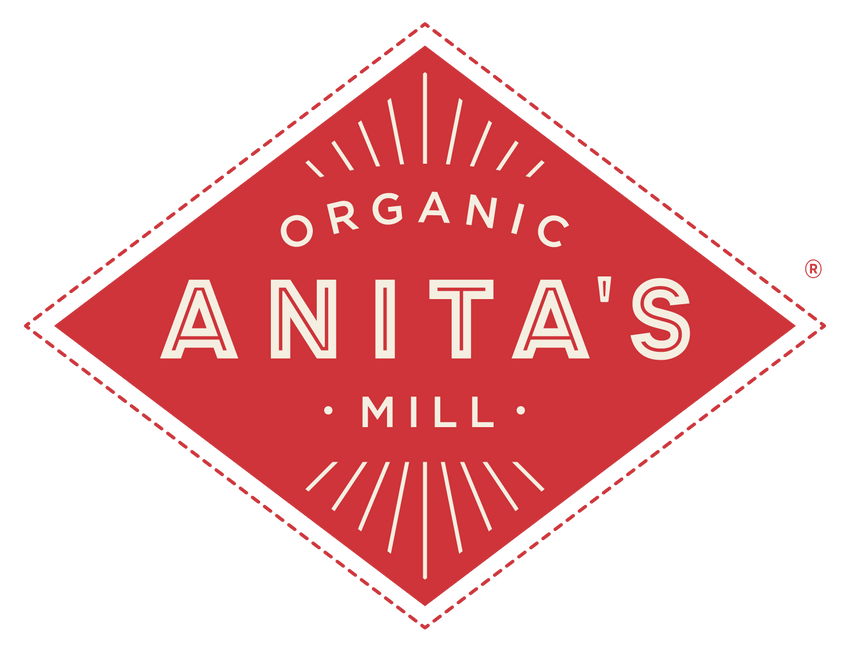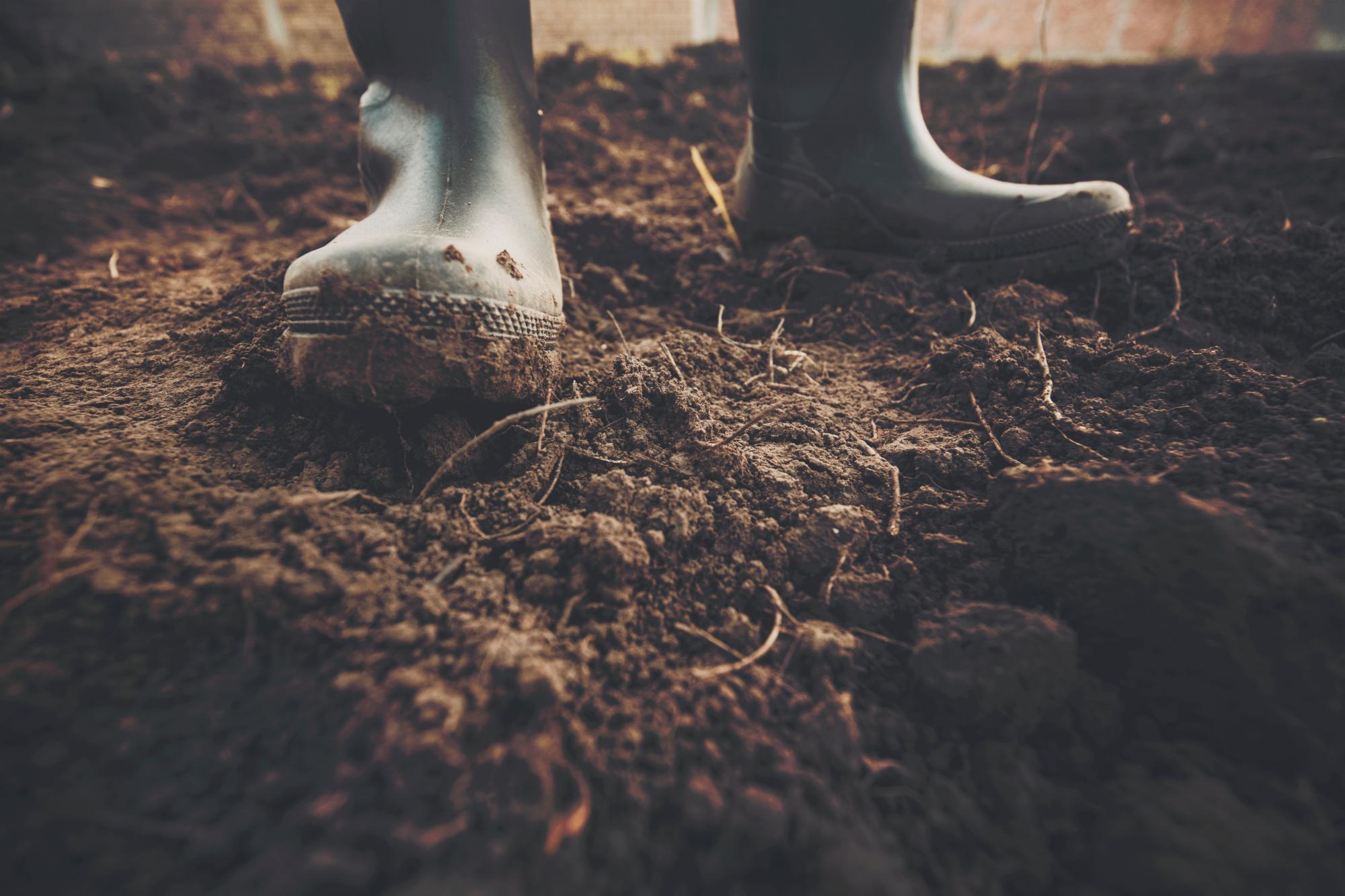
How Organic Will Help Us Avoid a 60 Year Countdown on Farming
Tags:
Soils seem to get a lot of attention lately – especially after the U.N.’s Food and Agriculture Organization made 2015 the “International Year of Soils.” Commonly known as “dirt,” the “ground” or “fields,” soils are a mixture of organic matter, minerals, gases, liquids, and other organisms that provide us with both nourishment and life. Our soils have many important tasks:
- Providing nutrients, water, oxygen and root support for plants.
- Cycling nutrients and controlling plant diseases & pests.
- Acting as a buffer to protect plant roots from temperature fluctuations.


